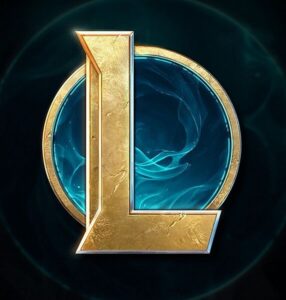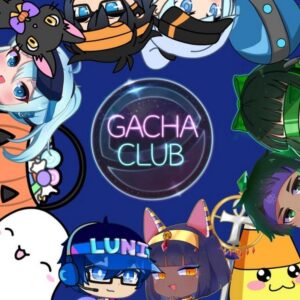Video Game History Foundation Launches Landmark Digital Archive
Popular Now
 Counter-Strike 2
Counter-Strike 2
 Grand Theft Auto V
Grand Theft Auto V
 Free Fire
Free Fire
 Toca Boca World
Toca Boca World
 Call of Duty
Call of Duty
 Geometry Dash
Geometry Dash
 Among Us
Among Us
 Black Myth: Wukong
Black Myth: Wukong
 Genshin Impact
Genshin Impact
 Fortnite
Fortnite
A Treasure Trove Goes Online
For decades, once‑popular gaming magazines and development documents slipped into obscurity—even discarded en masse. Now, the Video Game History Foundation has preserved and digitized a massive collection, including over 1,500 out-of-print games magazines, original artwork, promotional items, and unseen developer assets.
 Designed for Discovery
Designed for Discovery
The archive is fully searchable by keyword or name—making it possible to trace early mentions of influential games, developers, genres, or cultural trends. Whether you’re a historian, content creator, or just curious, the platform aims to be intuitive and generous in what it offers.
Cultural Insight Beyond the Code
These magazines reveal more than game reviews—they offer a window into gaming culture over time: the hopes, biases, and shifting norms of the players and the industry. From early reader letters to shifting character representation, these pages tell stories that games alone cannot.
How It Came Together
Starting in 2017, the Foundation collected, catalogued, and digitized thousands of physical artefacts. With help from private collectors and developers, the collection now includes promotional materials, press kits, design documents, and rare internal memos—not just the magazines themselves.
 Access and Limitations
Access and Limitations
Launched in early access, the archive is available to the public online. However, due to copyright and technical restrictions, playable game software remains off-limits for remote access. The focus is on visual and textual artifacts that narrate gaming’s past.
Why It Matters
This archive preserves video gaming as cultural heritage, not just entertainment. By safeguarding the industry’s print and promotional legacy, the Foundation ensures that future generations can study how games—and the ideas behind them—evolved.








